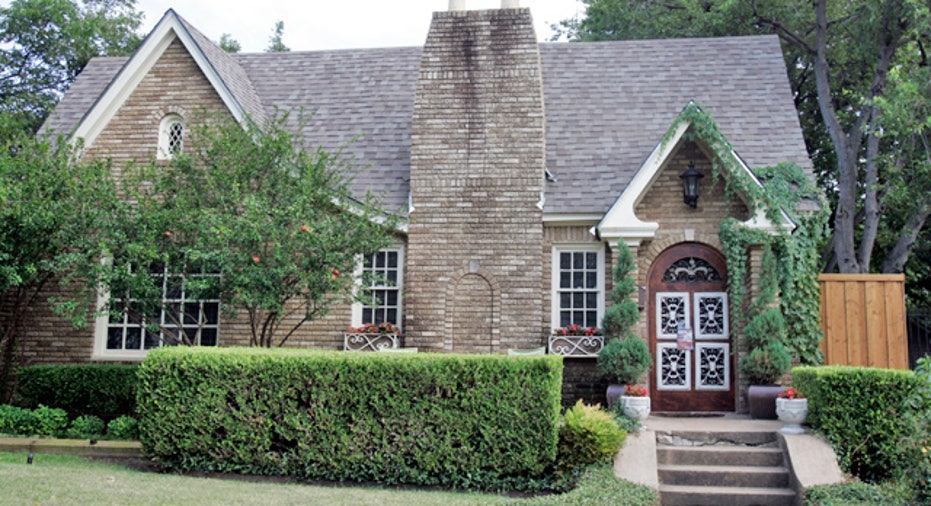Tax Deductions for Investment Property

Dear Tax Talk,
I have a question about tax deductions for investment property. I own a house with a mortgage, but I am moving soon to another state and going to place my current residence for rent. Can I take the Modified Accelerated Cost Recovery System, or MACRS, depreciation on the full amount of the mortgage -- or just what I have paid into it? Thanks.
-Cesca
Dear Cesca,
There are lots of tax deductions for investment property: Welcome to the wonderful world of tax benefits of leveraged real estate -- or just leverage in general. Leverage means borrowing money to finance your property or projects. Not only do you get to write off the interest associated with the borrowing, you also can claim cost recovery through depreciation for property in which you may have little or no cash investment.
In your case, you would apply the MACRS to the basis of the residence. Your basis in this case is the lower of the cost or fair market value, or FMV, at the time you convert the property to rental use. Your cost includes any amounts you have borrowed.
For example if the home cost $275,000 for which you paid 100% with interest-only financing and the FMV is $300,000 at the time you convert it to rental, your depreciable basis would be $275,000. Residential rental real estate is recovered over 27.5 years on a straight-line basis. This equates to $10,000 in annual depreciation deductions for this example, ignoring any allocation you may have to make to nondepreciable land.
The tax beauty of this is that you're claiming a $10,000 deduction, and you didn't have to make any cash investment to get it. If you're in a 25% tax bracket, you just saved $2,500 in taxes. Of course, down the road, you'll have to recapture the depreciation deductions. But for now, you've deferred some tax, which is a sound tax strategy.
If you use leverage in a business setting, investment in financed property that is used in the business can result in positive cash flow on an after-tax basis. For example, a dentist is considering adding an examining room that will run $100,000. The equipment will be financed in full by the vendor. Under the current rules of bonus depreciation and Section 179, the full amount of the equipment can be written off in the year it is installed. Assuming the dentist is in the top tax bracket, he nets a 40% tax savings or is $40,000 ahead by adding the extra room. Of course, eventually he'll have to pay for the equipment, but he hopes the increased capacity will lead to increased production. Since the equipment is used in his business, he has no tax issues with respect to passive losses such as in rental real estate. If he operates as an S corporation, he'll have to pay attention to basis limitations for this strategy to work.
Ask the adviser
To ask a question on Tax Talk, go to the "Ask the Experts" page and select "Taxes" as the topic. Read more Tax Talk columns.
To ensure compliance with requirements imposed by the IRS, we inform you that any U.S. federal tax advice contained in this communication (including any attachments) is not intended or written to be used, and cannot be used, for the purpose of (i) avoiding penalties under the Internal Revenue Code or (ii) promoting, marketing or recommending to another party any transaction or matter addressed herein. Taxpayers should seek professional advice based on their particular circumstances.
Bankrate's content, including the guidance of its advice-and-expert columns and this website, is intended only to assist you with financial decisions. The content is broad in scope and does not consider your personal financial situation. Bankrate recommends that you seek the advice of advisers who are fully aware of your individual circumstances before making any final decisions or implementing any financial strategy. Please remember that your use of this website is governed by Bankrate's Terms of Use.



















